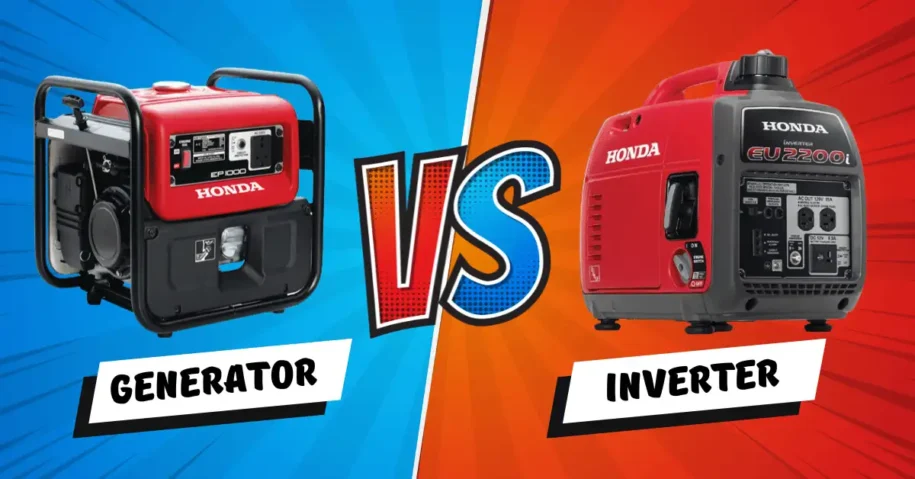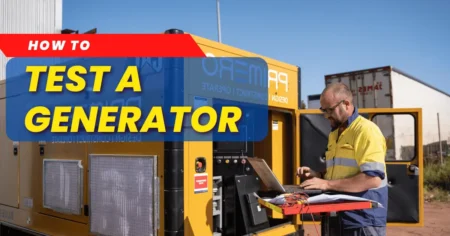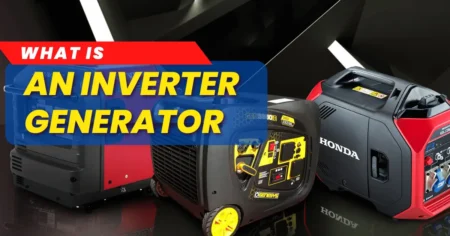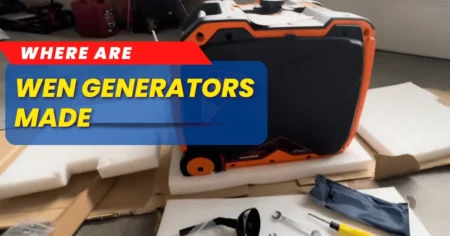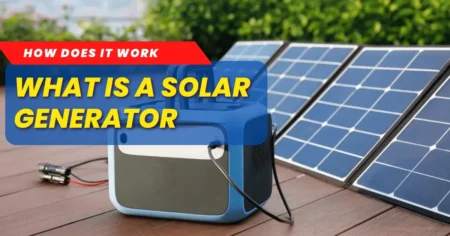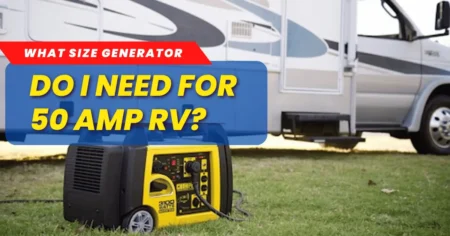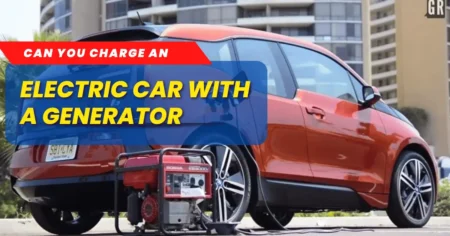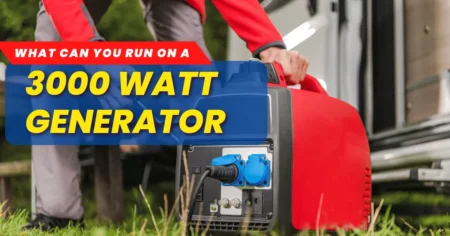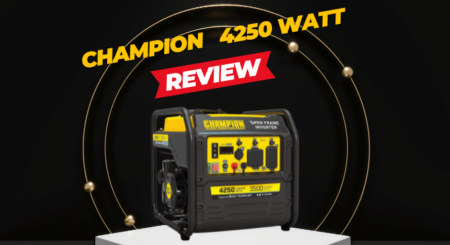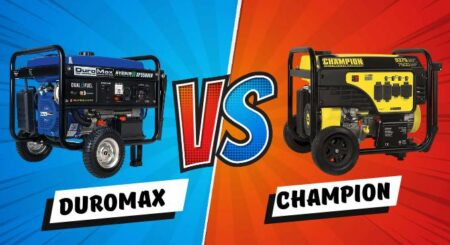Introduction
In today’s world, having a reliable source of power is crucial. Whether for home use, business operations, or outdoor activities, generators and inverters can help. While both provide power, they work differently and are suited for different needs. This article will explain the differences between generators and inverters, helping you choose the right one.
What is a Generator?
A generator converts mechanical energy into electrical energy. It is used to power homes, businesses, and outdoor events, especially when the primary power grid is unavailable.
How Does A Generator Work?
Generators use fuel such as gasoline, diesel, or natural gas. The fuel powers an engine, which turns a rotor inside an alternator. This motion generates electricity.
Types Of Generators
- Portable Generators: These are easy to move and are perfect for small tasks and temporary power needs. They are often used for outdoor activities and small construction projects.
- Standby Generators: These are installed permanently and provide backup power for homes or businesses during power outages. They automatically start when the main power goes out.
- Inverter Generators: These produce clean and stable electricity, making them suitable for sensitive devices like laptops and smartphones.
What is an Inverter?
An inverter changes direct current (DC) into alternating current (AC). Inverters are often used with batteries or solar panels to convert stored or solar energy into usable power for household appliances.
How Does An Inverter Work?
Inverters convert DC power from sources like batteries or solar panels into AC power. This is important because most home devices run on AC power.
Types Of Inverters
- Pure Sine Wave Inverters provide clean and stable power, making them ideal for sensitive devices.
- Modified Sine Wave Inverters: These are less expensive but may not work well with some devices.
- Grid-Tie Inverters: These connect to the power grid and are used with solar panels. They allow extra energy from solar panels to be returned to the grid.
Critical Differences Between Generators and Inverters
Power Source
- Generator: Uses fuel like gasoline, diesel, or natural gas.
- Inverter: Uses batteries or solar panels.
Noise Level
- Generator: This cannot be quiet because of the engine.
- Inverter: Very quiet, especially with solar panels or batteries.
Maintenance
- Generator: Needs regular maintenance, including fuel and engine checks.
- Inverter: Low maintenance, especially with solar panels.
Portability
- Generator: Some are portable, others are fixed.
- Inverter: Usually portable and easy to move.
Usage
- Generator: Good for extended power outages and heavy-duty tasks.
- Inverter: Best for short-term use and powering sensitive electronics.
Power Quality
- Generator: This may produce fluctuating power, which can harm sensitive devices.
- Inverter: Provides stable and clean power, which is ideal for electronics.
When to Use a Generator?
- During extended power outages.
- For outdoor events and activities that need a lot of power.
- In areas without access to the primary power grid.
When to Use an Inverter?
- For short-term power needs.
- To power sensitive electronic devices.
- When using solar panel systems.
Frequently Asked Questions
What Is A Generator?
A generator converts mechanical energy into electrical energy using diesel, gasoline, or propane.
What Is An Inverter?
An inverter changes direct current (DC) into alternating current (AC), used by household appliances.
How Does A Generator Work?
A generator uses an engine to drive an alternator, producing electricity.
How Does An Inverter Work?
An inverter converts DC from batteries or solar panels into AC for standard electrical devices.
Conclusion
Generators and inverters both provide power but serve different needs. Generators are robust and suitable for long-term use. Inverters are quiet and best for short-term needs and sensitive electronics. Understanding their differences helps you choose the right one for your power needs.

